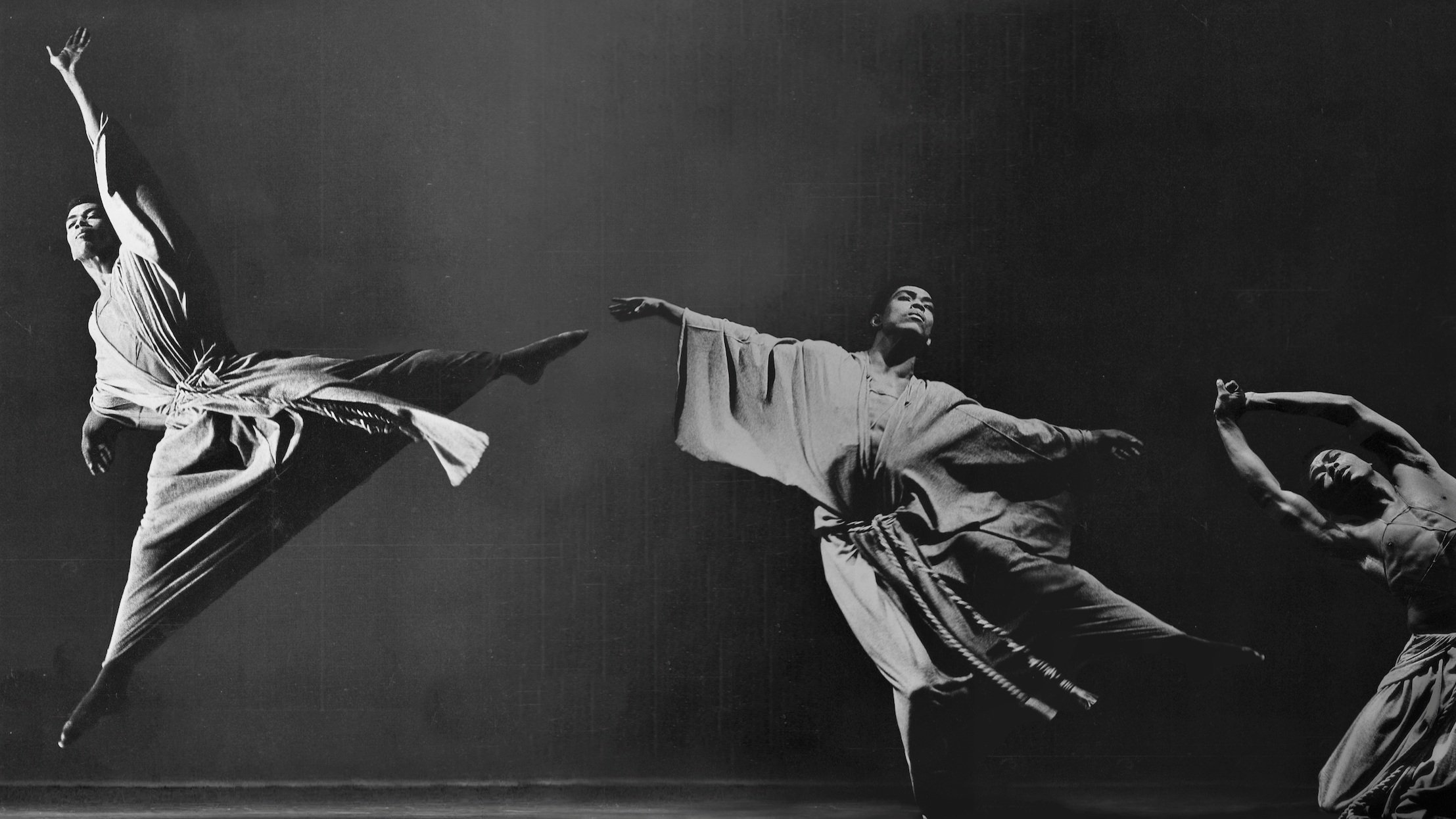Ailey
Jamila Wignot examines the life of the acclaimed choreographer and dancer Alvin Ailey.
Jamila Wignot’s film about the dancer and choreographer Alvin Ailey could be described as a documentary biopic but it's probably more apt to think of it as a tribute. I say that because it is the career that is central here and it comes into focus more readily than the man himself. That was probably inevitable since the colleagues interviewed in this film, while greatly admiring, indicate that he was a man who kept to himself and often stayed at a distance. That his personal life was troubled is hardly surprising given that he was born in 1931 and had to face the social challenges of being both black and gay.
In some respects, this is a very conventional piece in that it blends considerable archive footage with newly filmed interviews and for the most part studies Ailey’s life in chronological order. Nevertheless, it is unusual in creating a framework for this, one that shows present-day choreographer Rennie Harris working with the dancers of the company that Ailey founded on a piece created in 2018 as a homage to Ailey himself and entitled Lazarus. Having touched on this footage at intervals throughout her film, Wignot then uses it to give the film a positive conclusion: Ailey may have died in 1989 but his example, his inspiration and the pathway that his work opened up come together to create this finale in which, in effect, he lives on (a song heard at the close confirms this viewpoint).
Ailey shows us how the experience of being black resulted in Alvin Ailey's work becoming deeply expressive of that thus enabling audiences of colour to recognise their own lives in it. Indeed, his own work as a choreographer created a form of dance that was its own protest movement. With extracts from many of his pieces included, Ailey does well in covering the career and Wignot brings to her direction a sense of flow and movement entirely apt for a film about dance. That is something precious but quite rare.
As for the personal side, the film never conceals how difficult Ailey could be, the mental health issues that led to time in an institution or his inability to find a satisfactory partner. Indeed, it is said that for him there was no community of gay people and, while his work by its nature made him relevant to black rights, he seems to have made no contribution regarding gay rights. What is apparent is the pressure that he felt as a famed black man, an exemplar but one who could also be regarded by whites as an excuse: by acknowledging his success they told themselves that it proved that nothing more needed to be done. These elements are noted, but inevitably there is no one able to elaborate them in detail so as to give us a clearer vision of his demons. However, the career was remarkable enough to make this a very effective film even if the man himself remains in many ways a shadowy figure.
MANSEL STIMPSON
Featuring: George Faison, Judith Jamison, Rennie Harris, Bill T. Jones, Masazumi Chaya, Darrin Ross, Carmen de Lavallade, Don Martin, Mary Barnett, Bill Hammond, Sylvia Waters, Hope Clark, Sarita Allen.
Dir Jamila Wignot, Pro Lauren De Filippo and Jamila Wignot, Ph Naiti Gámez, Pro Des Al Malonga, Ed Annukka Lilja and Cory Jordan Wayne, Music Daniel Bernard Roumain.
American Masters Pictures/Artemis Rising Foundation/Black Public Media/Impact Partners/Insignia Films-Dogwoof.
90 mins. USA. 2021. US Rel: 23 July 2021. UK Rel: 7 January 2022. No Cert.


